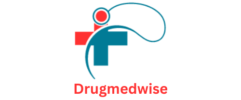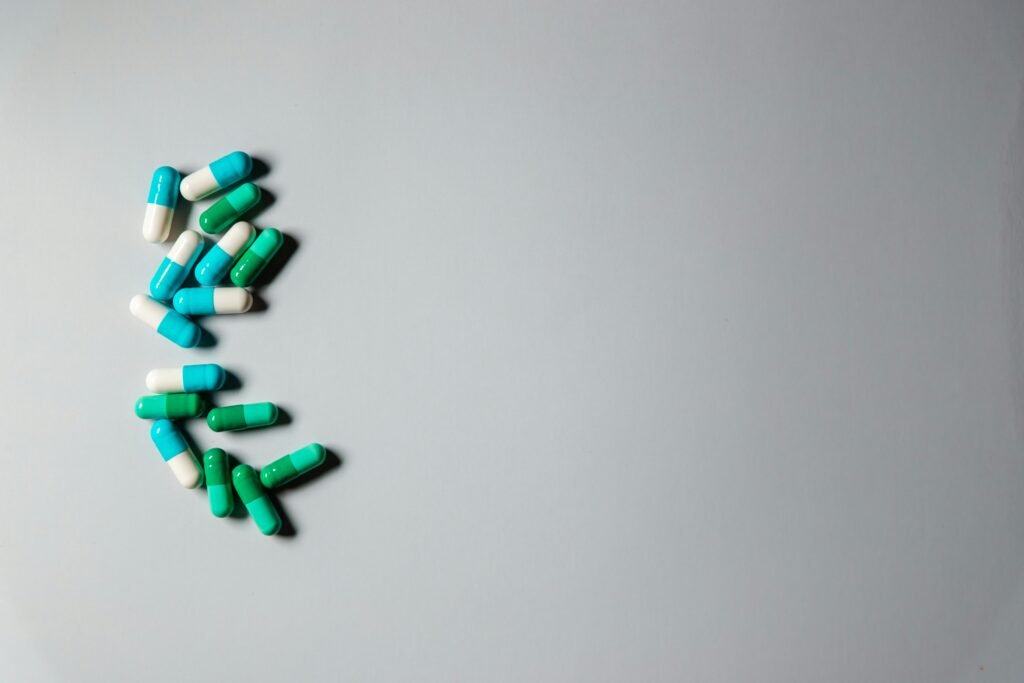Table of Contents
ToggleBest Medicine for Depression and Anxiety: An Overview
When it comes to treating mental health conditions, finding the best medicine for depression and anxiety can significantly improve your quality of life. Depression and anxiety are two of the most common mental health disorders, affecting millions of people worldwide. While therapy and lifestyle changes are crucial, medication often plays a key role in managing symptoms. This article will guide you through the best medicines for depression and anxiety, helping you understand how they work, their benefits, and potential side effects.
Understanding Depression and Anxiety
Before diving into the best medicines for depression and anxiety, it’s important to understand these conditions. Depression is characterized by persistent sadness, lack of interest in activities, and various physical symptoms, while anxiety involves excessive worry, fear, and tension. Both conditions can be debilitating, but with the right treatment, individuals can manage their symptoms effectively.
When searching for the best medicine for depression and anxiety, several options are available, each with its own advantages and potential drawbacks. Here are the top 10 medications commonly prescribed:
Selective Serotonin Reuptake Inhibitors (SSRIs)
SSRIs like Prozac (Fluoxetine) and Zoloft (Sertraline) are often considered the best medicine for depression and anxiety due to their effectiveness and relatively mild side effects. They work by increasing serotonin levels in the brain, which can help improve mood and reduce anxiety.Serotonin-Norepinephrine Reuptake Inhibitors (SNRIs)
SNRIs, such as Effexor (Venlafaxine) and Cymbalta (Duloxetine), are another category of medications that are among the best for treating depression and anxiety. These drugs work by increasing both serotonin and norepinephrine levels, addressing symptoms more comprehensively.Benzodiazepines
For acute anxiety relief, benzodiazepines like Xanax (Alprazolam) and Valium (Diazepam) are considered some of the best medicines. However, due to the risk of dependency, they are typically prescribed for short-term use.Tricyclic Antidepressants (TCAs)
TCAs like Elavil (Amitriptyline) and Tofranil (Imipramine) are older medications but are still among the best for treating depression and anxiety, particularly when other treatments have failed.Monoamine Oxidase Inhibitors (MAOIs)
Though not commonly used due to dietary restrictions, MAOIs like Nardil (Phenelzine) are sometimes the best option for treatment-resistant depression and anxiety.Atypical Antidepressants
Medications like Wellbutrin (Bupropion) and Remeron (Mirtazapine) are considered the best for people who don’t respond well to SSRIs or SNRIs. They work on different neurotransmitters, offering a unique approach to treatment.Buspirone
For anxiety without the sedative effects of benzodiazepines, Buspirone is often regarded as one of the best medicines. It’s particularly useful for long-term anxiety management.Beta-Blockers
While typically used for heart conditions, beta-blockers like Propranolol are sometimes the best choice for situational anxiety, such as performance anxiety, by reducing physical symptoms like a racing heart.Antipsychotics
Antipsychotic medications like Abilify (Aripiprazole) and Seroquel (Quetiapine) can be effective as adjunctive therapy in treating depression and anxiety, particularly in severe cases.Mood Stabilizers
Mood stabilizers such as Lithium and Lamictal (Lamotrigine) are sometimes the best medicine for individuals with bipolar disorder who also experience depression and anxiety.
Choosing the Best Medicine for Depression and Anxiety
Selecting the best medicine for depression and anxiety involves considering various factors, including the severity of symptoms, medical history, and potential side effects. It’s crucial to work closely with a healthcare provider to determine the most suitable medication.
Side Effects of Depression and Anxiety Medicines
While these medications can be life-changing, they may also come with side effects. Common side effects include:
- Nausea
- Weight gain
- Insomnia or drowsiness
- Sexual dysfunction
- Dry mouth
- Dizziness
Understanding the potential side effects can help you make an informed decision about the best medicine for depression and anxiety. In some cases, adjusting the dosage or switching medications can minimize side effects.
Conclusion: Best Medicine for Depression and Anxiety
Finding the best medicine for depression and anxiety is a highly individualized process. What works for one person may not work for another, so it’s important to have open communication with your healthcare provider. With the right treatment plan, managing depression and anxiety is possible, leading to a healthier, more fulfilling life.




